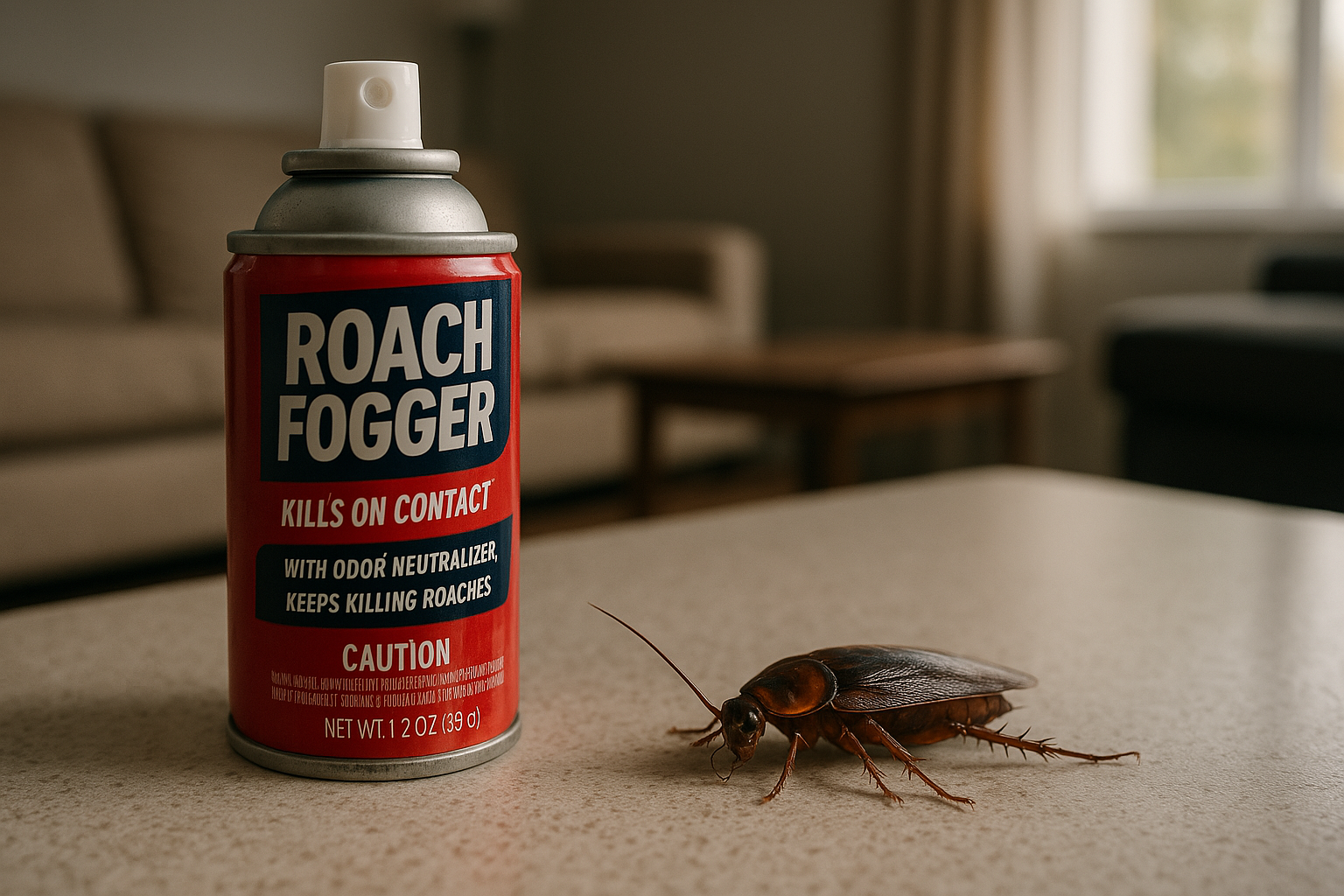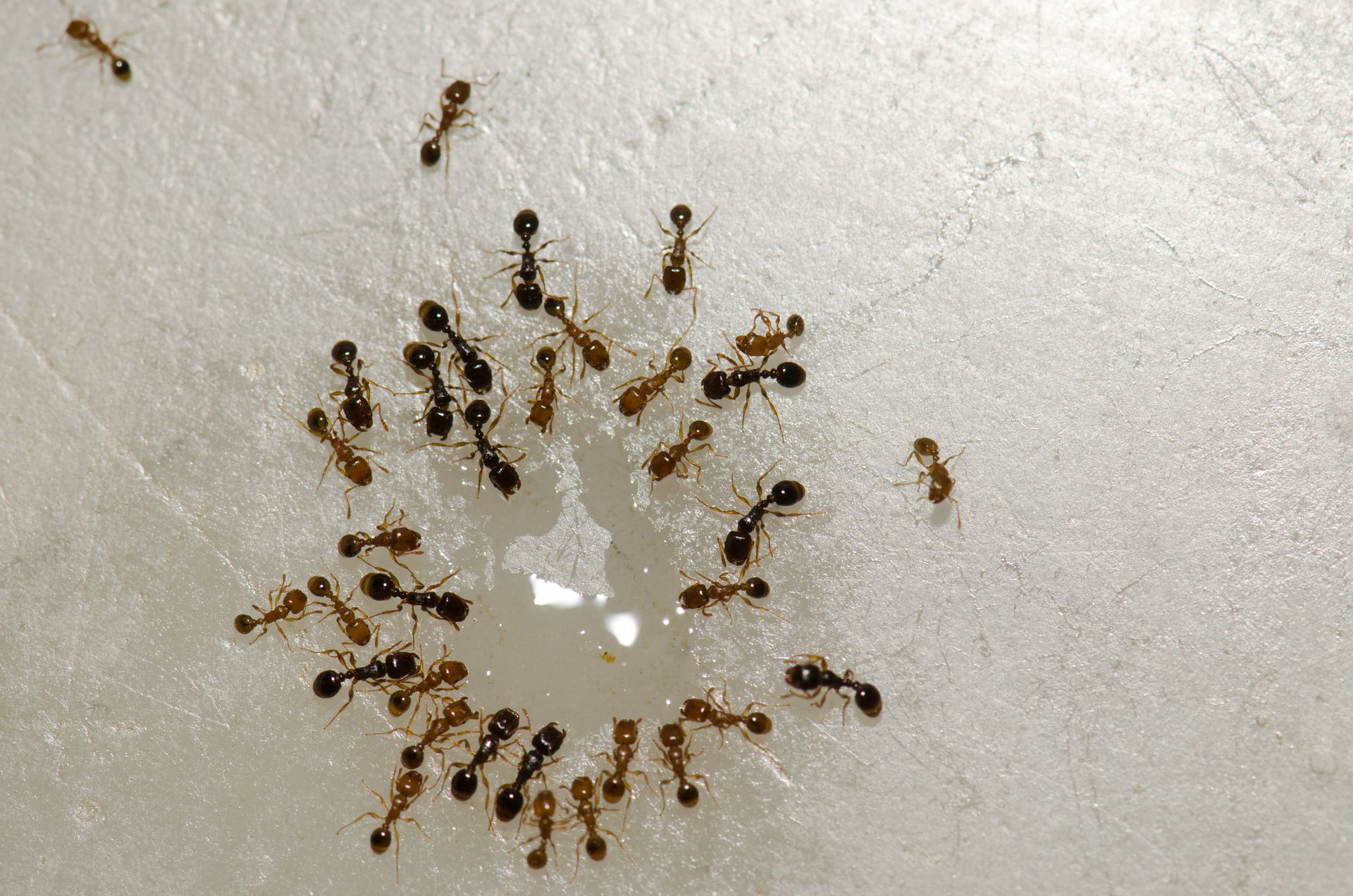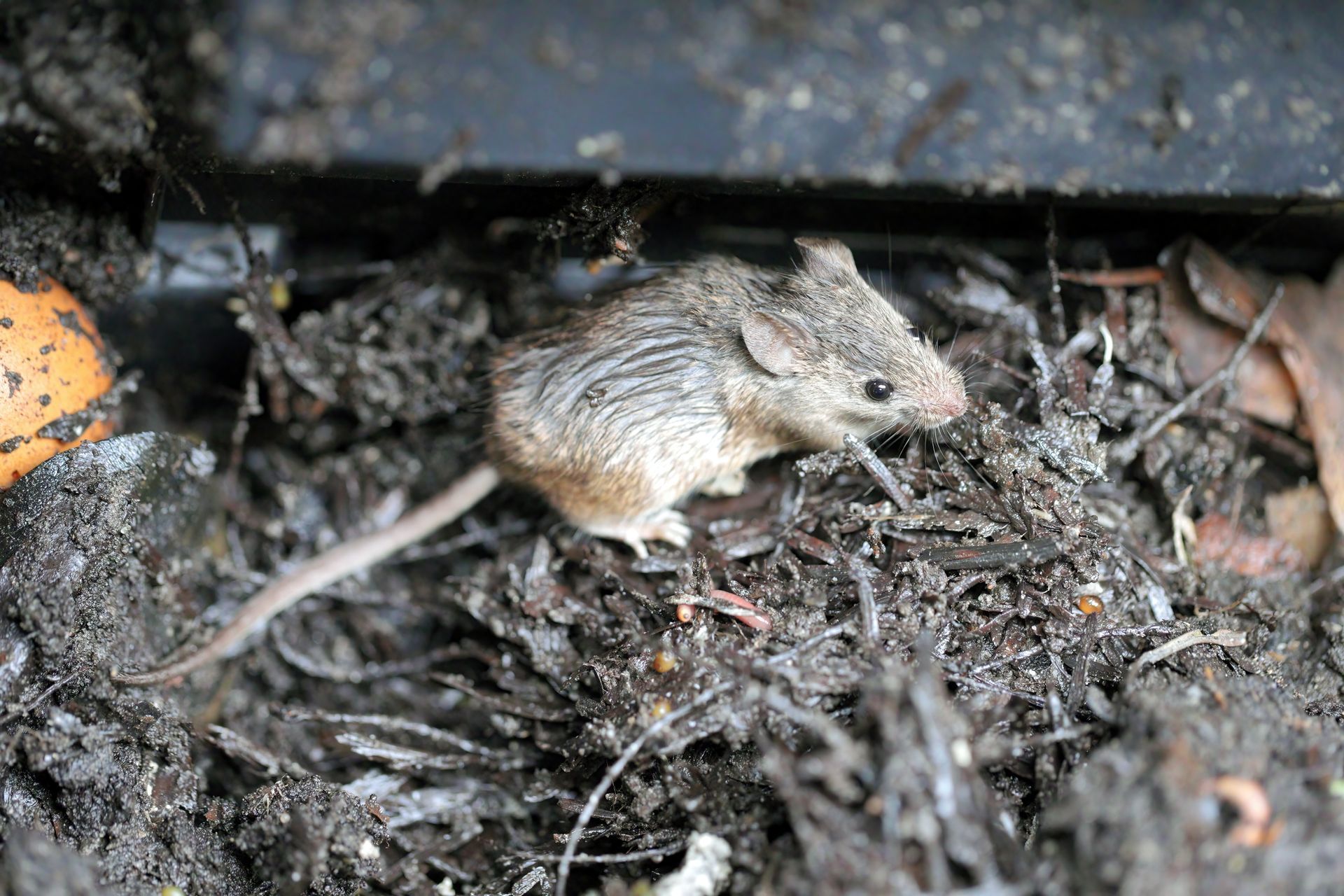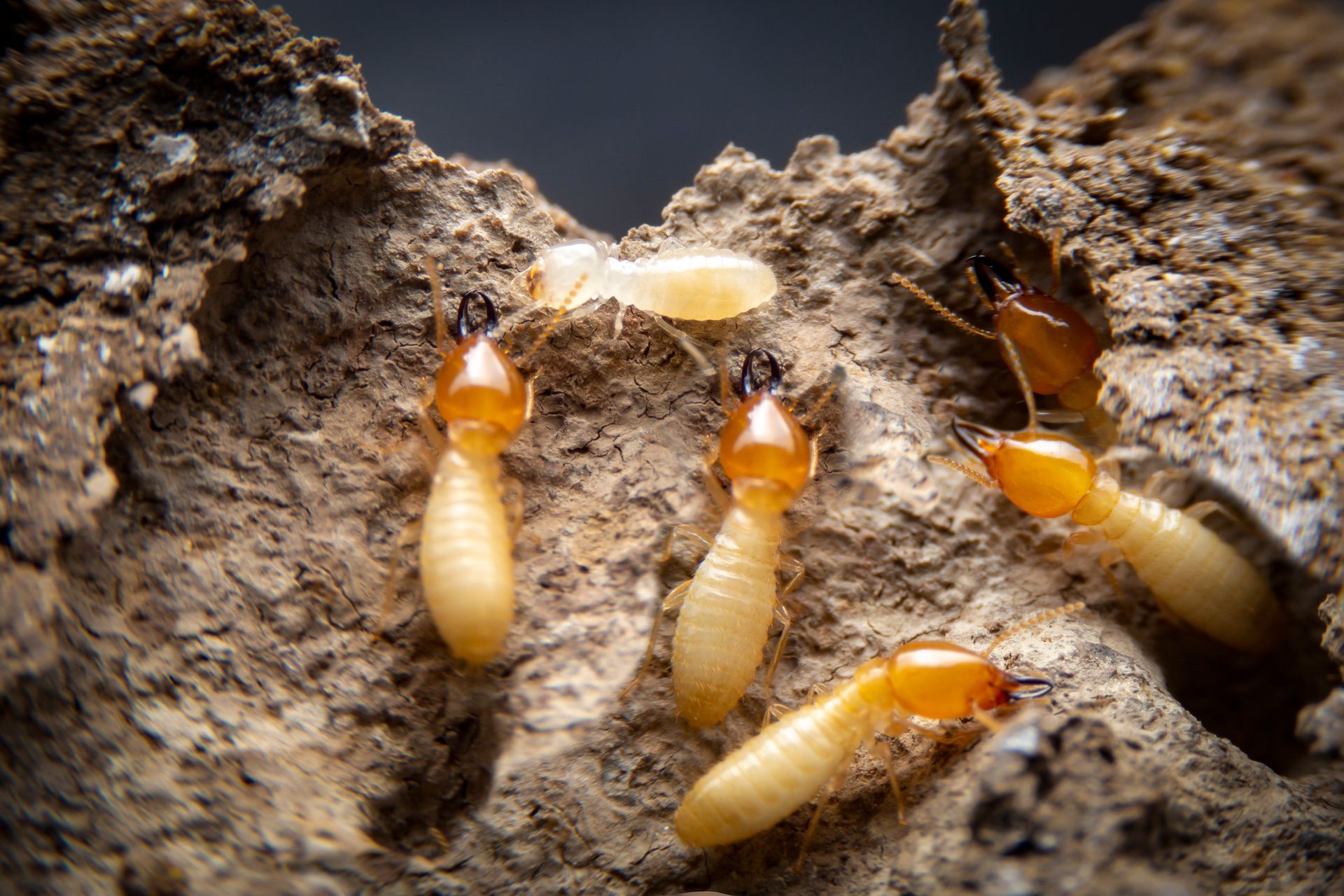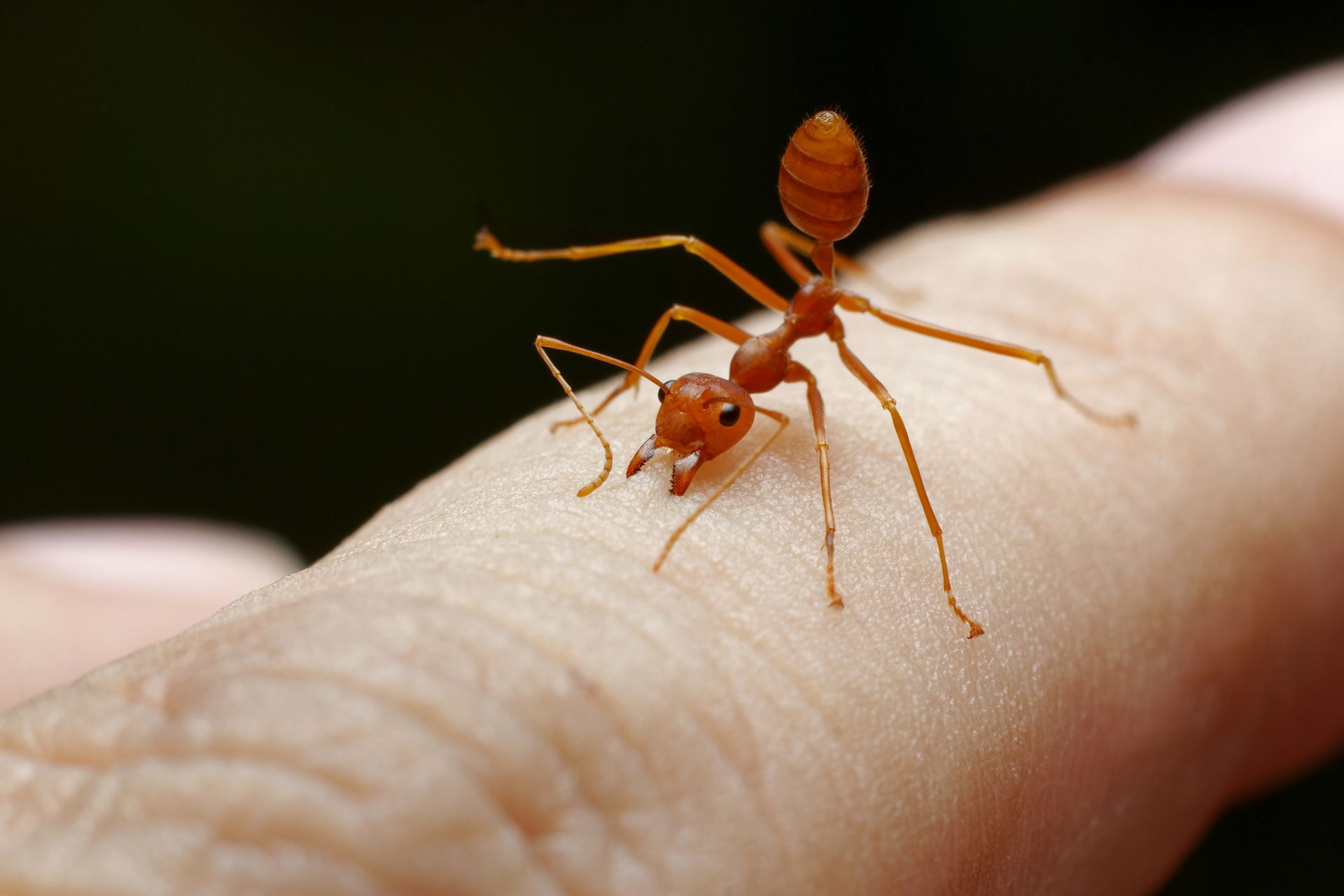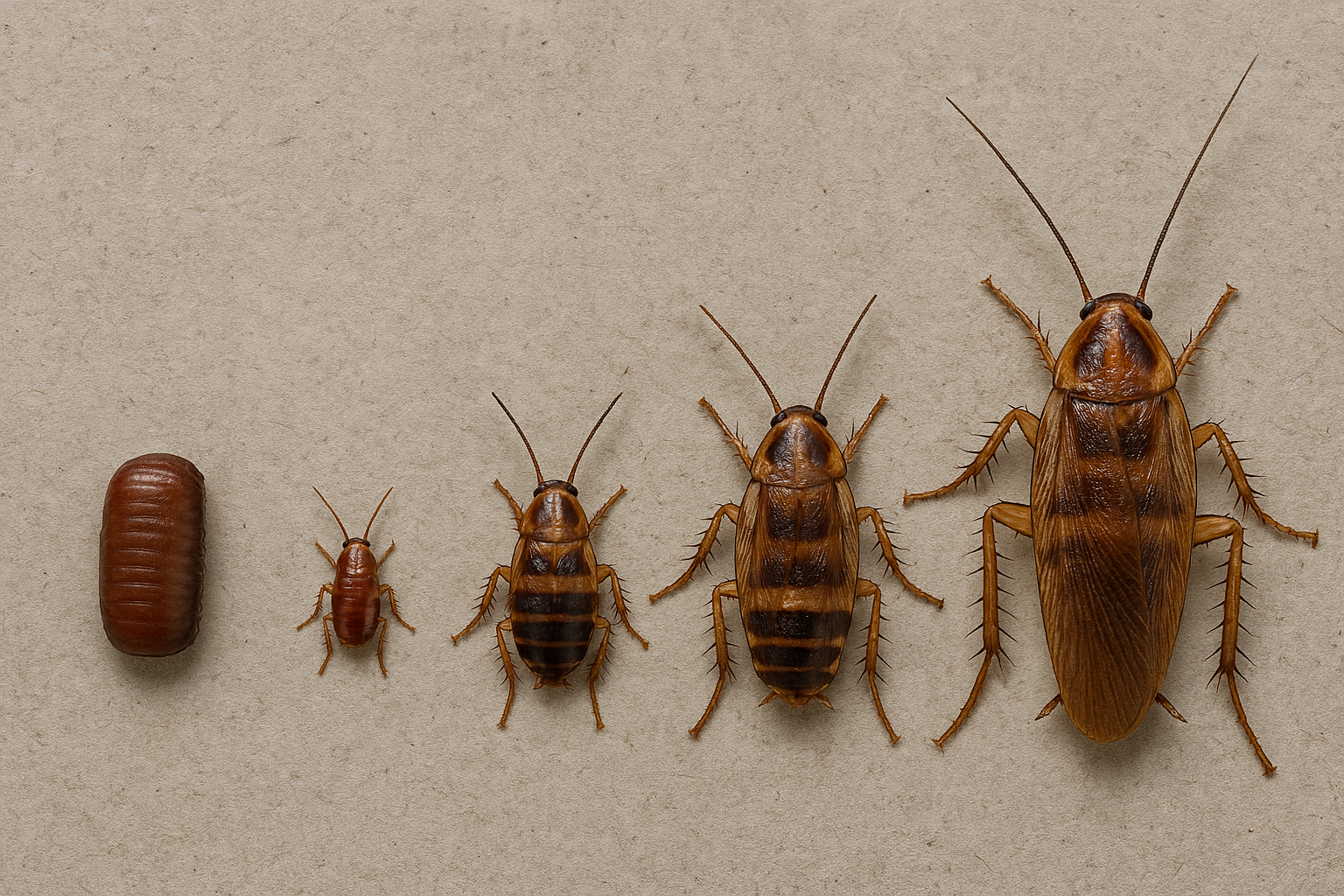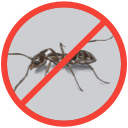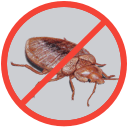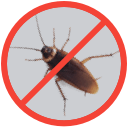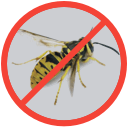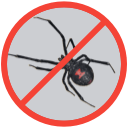Are Bees Dangerous?
Are Honeybees Dangerous to Humans?
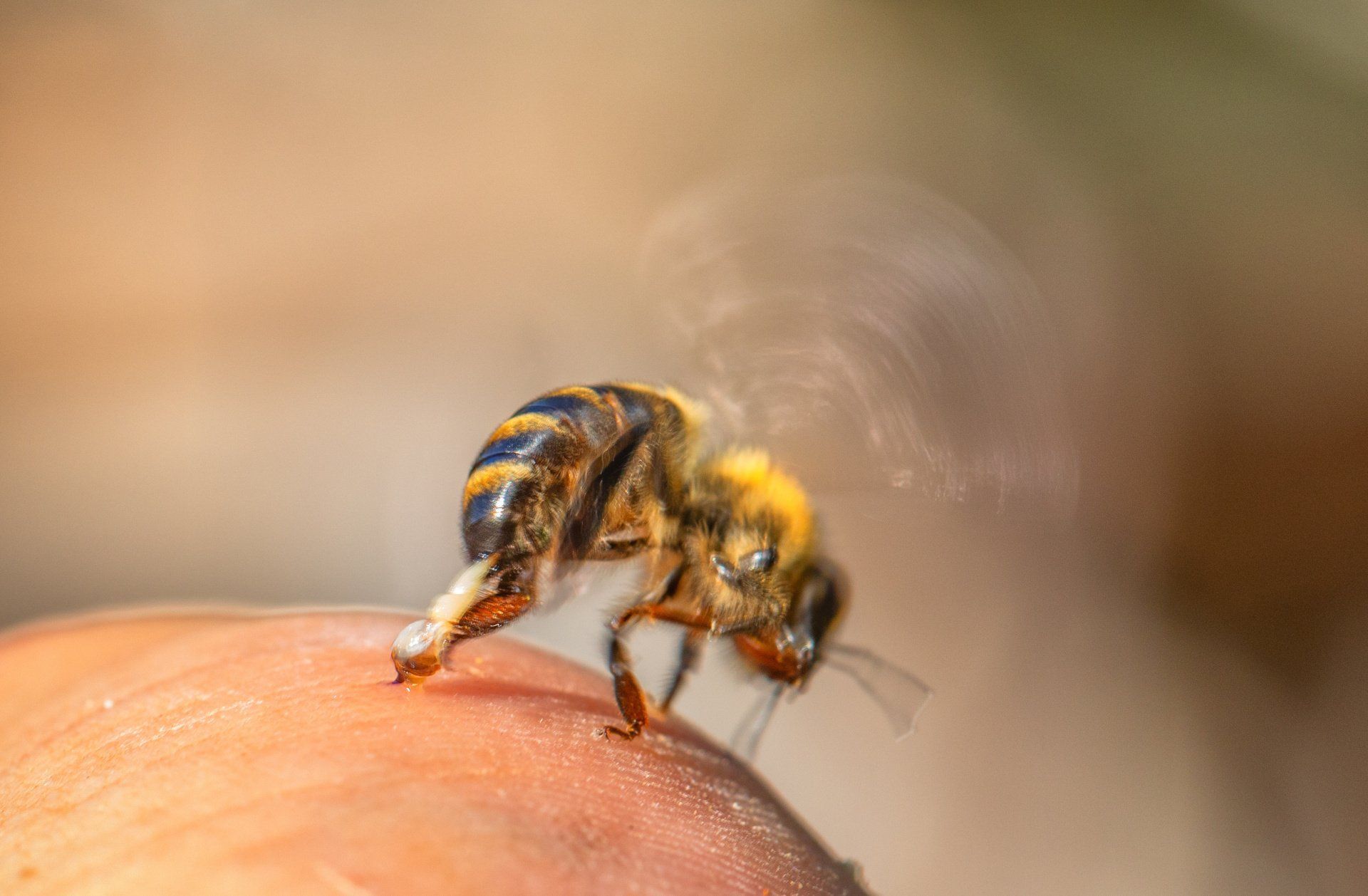
Honeybees can be dangerous, but they are mostly peaceful insects who spend their time foraging for nectar and pollen. They are extremely beneficial and act as pollinators which is why bees should be protected. Bees will become aggressive in different situations but mostly when they are trying to protect the nest from a perceived threat. In these instances, worker bees would attempt to ward off the threat by stinging it multiple times. For humans, individual stings can be painful and cause mild symptoms, but several stings can overwhelm and trigger a serious response. A sting can also be bad for someone with a serious allergy because their response could result in death without the proper medication or treatment.
Are Bees a Threat?
Individually? No, a single bee isn’t a too much of a threat for people who are not allergic to bees. Most people who experience a bee sting will experience mild pain symptoms and swelling for several hours. Only people with allergies may be at risk of serious symptoms and possibly death. Severe bee allergies can result in redness, hives, swollen or shut airways, weak pulse, nausea, vomiting, dizziness, and loss of consciousness.
If stung by multiple bees? Yes, agitating a beehive can result in several bees trying to fend off a threat. If an individual is stung more than a dozen times, the amount of venom injected could prompt a toxic reaction. If the body reacts with nausea, vomiting, diarrhea, headache, convulsions, fever, or dizziness medical attention is likely needed.
Can Honeybees Kill Humans?
Honeybees can kill humans when the venom from a bee’s sting causes a deadly response due to allergy or multiple stings. When an allergic response is triggered, the individual will experience anaphylaxis. This occurs when the immune system releases signals that cause the body to go into shock. Symptoms can include sudden drop in blood pressure, weak vital signs, nausea, vomiting, dizziness, rash, difficulty breathing, and swollen airways. Symptoms are similar if an individual is stung a dozen times or more. The combined venom of multiple stings can also cause convulsions and fever.
Bees Stings Hurt but Are Rarely Used Unless Needed
Honeybees are typically not aggressive, and workers usually focus on their role of collecting food for the hive. Their strength is in numbers, and they only need to act aggressively in defense of the beehive. Honeybees die if they commit to stinging a perceived threat so they will avoid using their stinger unless there are clear signs of danger. In most instances, honeybees will just move on and avoid anything that could injure it.
Are Bee Swarms a Threat?
Honeybees swarm when it is time for a new queen to branch off of an existing hive and take some worker bees to find a new place to nest. This typically occurs as a solution to a colony that outgrows the space their hive is contained within. Each swarm may contain up to thousands of bees, but they move as a cluster and are generally very docile because there is no nest to protect. The cluster of bees will stay close to the queen who will wait somewhere safe while her scouts search for a new home. Once a suitable home is found, the queen will move there, and the rest of the new colony will follow.
It is important to note that when bees sting, they release a defensive pheromone that lets the other bees know that there is a threat close by. This puts the rest of the colony on high alert and other workers will start to attack the threat that is marked with that pheromone. If this happens when you encounter a bee swarm, this could be problematic because you are in close vicinity of multiple bees that have no other role than to protect the vulnerable queen.
Are Bees Aggressive?
Bees are mostly docile, but they can become aggressive in many situations:
- Bees without a queen
- Rain or other wet weather
- High heat and humidity
- Predators looking for honey
- Hostile interactions with other stinging bug species
- Overpopulated beehives
- Nectar robbing
- Active parasite mites infesting a beehive
- Alarm pheromone close by
- Africanization
- Nectar dearth
What is Nectar Robbing?
When there is not enough nectar to go around between different bee colonies, some honeybees will attempt to steal resources from other hives. When nectar robbing starts, other hives will start to act aggressively towards other bees. The increased interaction causes bees from the different colonies to release high alert pheromones. When bees receive this pheromone, they are aggressive towards anything that may come to close including pets and family members.
Africanized Honeybees are More Aggressive than European Honeybees
Africanized “killer” bees are the result of experiments designed to produce a bee that could breed in higher numbers, develop faster, and require less resources to sustain. By crossbreeding the east African honeybee with the European honeybee, beekeepers created the current species of Africanized bees. In addition to the other desired qualities, these honeybees became much more defensive of their hives and will attack with little to no provocation. These bees are more aggressive in numbers and will move faster and farther from their colony in pursuit of their target. They also release more venom which can result in more serious injury if stung multiple times.
Contact Professional Bee Removal Experts If Bees are a Problem
If you are dealing with honeybees and they are causing a problem, call EcoGuard Pest Management. Our team of licensed and experienced bee removal experts will find the hive and then figure out a plan to remove it. We will need to find the queen bee so we can isolate her so the rest of the colony will follow her. Then we will need to take the hive apart and move it somewhere the bees can thrive. Our team will ensure that the bees are relocated safely so call today!



